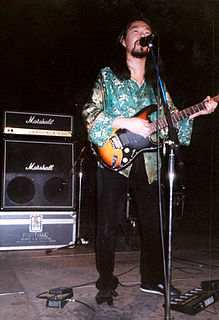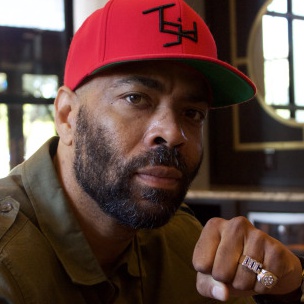A Quote by Helen Mirren
I'm not a communist, of course. But I do think that everything is down to economics. Capitalism doesn't change.
Quote Topics
Related Quotes
I think historically modern economics, capitalist economics, tends to erode moral categories... And this is where I think the right gets capitalism wrong. They kind of assume that there is a moral equivalence or moral valence to capitalism, but I tend to think that economics erodes all the kind of cultural taboos and inhibitions and values it comes into contact with.
I grew up during the Communist time. When I was a student and I especially wanted to play rock, that was a problem for all rock musicians in the Soviet Union. My friends liked it, but all the Communist officials, bureaucrats, teachers, didn't like this. There was very powerful propaganda against capitalism and the Western ideology. Everything that was connected to the West - rock music, jeans, long hair, loud music - everything was not allowed. But luckily that's now in the past. I hope.
Capitalism is the only system that can make freedom, individuality, and the pursuit of values possible in practice. When I say 'capitalism,' I mean a pure, uncontrolled, unregulated laissez-faire capitalism - with a separation of economics, in the same way and for the same reasons as a separation of state and church.
Think about the strangeness of today's situation. Thirty, forty years ago, we were still debating about what the future will be: communist, fascist, capitalist, whatever. Today, nobody even debates these issues. We all silently accept global capitalism is here to stay. On the other hand, we are obsessed with cosmic catastrophes: the whole life on earth disintegrating, because of some virus, because of an asteroid hitting the earth, and so on. So the paradox is, that it's much easier to imagine the end of all life on earth than a much more modest radical change in capitalism.
Every time I say the word capitalism, everyone just assumes I have plenty of Marxism in me, I do. But Russia and China had their bloody revolutions and even while they were Communist, they had the same idea about generating wealth - tear it out of the bowels of the earth. And now they have come out with the same idea in the end... you know, capitalism. But capitalism will fail, too.
While I haven't read economist Robin Hahnel's work, replacing capitalism would be at the very bottom of my list of priorities - to be considered only after everything else had been tried. Improving our capitalistic system however, is at the top of my list and is of course the major theme of "The Battle for the Soul of Capitalism."
People think what's in the US today is capitalism. It's not even close to capitalism. Capitalism doesn't have a central bank, capitalism doesn't have taxes, it doesn't have regulations; capitalism is just voluntary transactions. What they have in the US today I call crapitalism. But it's sad that so many people are confused and they think, 'Oh that's free markets in the US', when it's one of the least free market countries on earth.




































